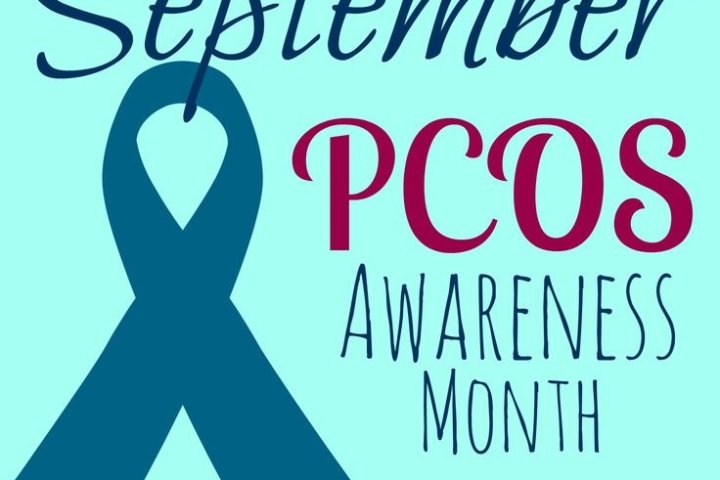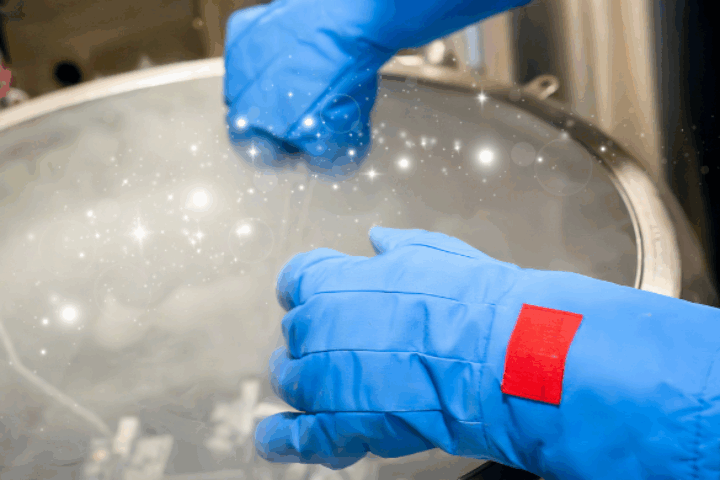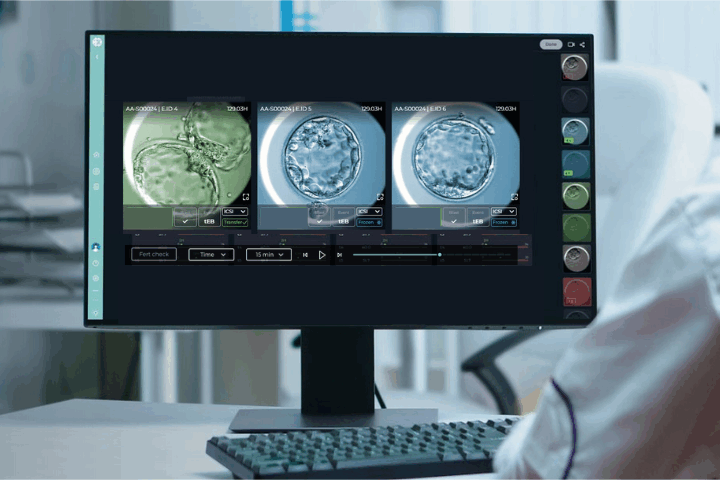January 22, 2013
In a recent study, researchers examined anti-Müllerian hormone and its predictive nature related to menopause. Data indicate that models built on age and anti-Müllerian hormone allow researchers to predict age at menopause many years earlier than previously reported.
Of 1,015 women (aged 20 to 50 years) included in the Tehran Lipid and Glucose Study, 277 reached menopause during the trial period at a median age of 50 years, researchers wrote.
Additionally, the median of differences between the actual menopausal age and the age predicted by using accelerated failure time modeling was 0.5 years. The model’s ability to predict accurately was measured at 92% by C-statistics.
Researchers said, on average, there was a half-year difference between the actual and predicted age at menopause (standard deviation=2.45; range: –5.4 years to 9.2 years).
“We had 40 women in our cohort who reached menopause before the age of 46, allowing validation of the model predictions for early menopause,” the researchers wrote. “Furthermore, in addition to age, anti-Müllerian hormone (AMH) showed a higher independent predictive capacity and the model containing both age and AMH had a C-statistic value of 92% for proportion of correct predictions.”
The researchers conclude that larger longitudinal, population-based studies that include various ethnicities are required to determine more precise predictions for use.
Disclosure: The researchers report no relevant financial disclosures
Tehrani et al present a model based on age and anti-Müllerian hormone to predict age at menopause. This large ongoing prospective population based cohort study included 277 occurrences of menopause in 1,015 Iranian women with normal fertility and an average follow up time of 10 years. The median of differences between the actual menopausal age and those predicted by their model was 0.5 years. The findings of Tehrani et al are of clinical importance to any physician caring for women (ie, obstetricians/gynecologists, internists, family physicians). The data beg the question of whether women in their thirties should be provided the option of checking their anti-Müllerian hormone at the time of their annual visit. Such information may allow women to make more informed decisions regarding family planning during their remaining reproductive years. Those at risk for early menopause could consider being more proactive regarding conception or cryopreserving their eggs. Those at risk of reaching menopause at later ages with its increased associated risks of breast, endometrial and gastrointestinal cancers could consider heighten vigilance regarding cancer screening protocols going forward. read more




